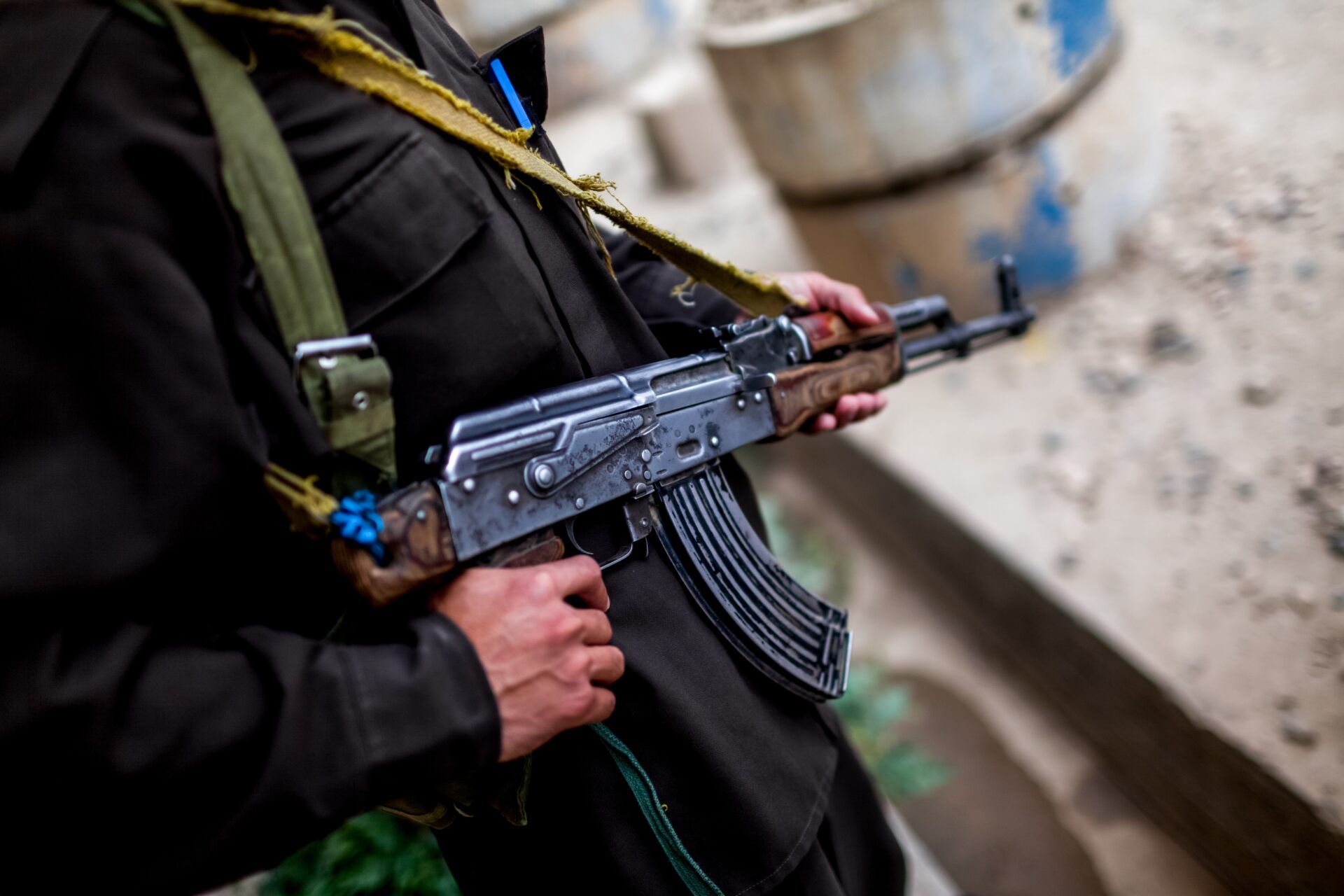
SHOCKING Alleged Aid Diversion to TALIBAN!
A U.S. oversight report alleges that senior United Nations officials collaborated with the Taliban in diverting portions of U.S.-funded humanitarian aid in Afghanistan, with only an estimated 30–40% reaching intended recipients.
At a Glance
- SIGAR report cites alleged collusion between senior UN officials and Taliban actors
- Only 30–40% of aid reportedly reaches Afghan civilians
- World Food Programme named as a major aid distribution channel under scrutiny
- U.S. halts most future aid to Afghanistan over oversight concerns
- Experts call for stricter transparency and conditionality in aid delivery
Allegations and Operational Context
The Special Inspector General for Afghanistan Reconstruction (SIGAR) report states that Taliban-linked companies benefitted from manipulated aid contracts, with kickbacks allegedly directed to both Taliban representatives and certain UN officials. The World Food Programme is noted as a primary conduit for aid delivery in Afghanistan, where distribution oversight has been challenged by the country’s current governance environment.
Afghanistan’s humanitarian situation remains critical, with international assistance playing a major role since the U.S. withdrawal in 2021. Despite the Taliban’s control, aid has continued to flow from global donors, though field monitoring and independent auditing have faced significant logistical and security constraints.
Watch now: SIGAR Report on Afghanistan Aid Operations · YouTube
Stakeholders and Power Dynamics
According to SIGAR, multiple stakeholders are implicated or affected, including UN agencies, Taliban authorities, donor governments, and non-governmental organizations. The Taliban maintain leverage over aid operations by controlling access routes and security conditions, creating a difficult operational environment for humanitarian actors.
Analysts at the Center for Strategic and International Studies suggest that the Taliban’s influence over aid distribution can enhance both their financial position and political legitimacy. The U.S. government’s decision to suspend most future aid is intended to address oversight issues while reevaluating delivery mechanisms.
Implications for Aid Policy
The allegations have prompted renewed debate on how to maintain humanitarian support for Afghanistan’s population while reducing the risk of diversion. Experts from the Bush Institute and oversight bodies stress the need for increased transparency, robust monitoring frameworks, and conditionality tied to aid disbursement.
In the near term, the suspension of funding may intensify economic pressures on Afghan households reliant on aid, particularly women and minority groups. Long-term, the case could influence how aid is managed in other high-risk environments where state or non-state actors exert control over distribution channels.
Sources
SIGAR
Center for Strategic and International Studies
Bush Institute


